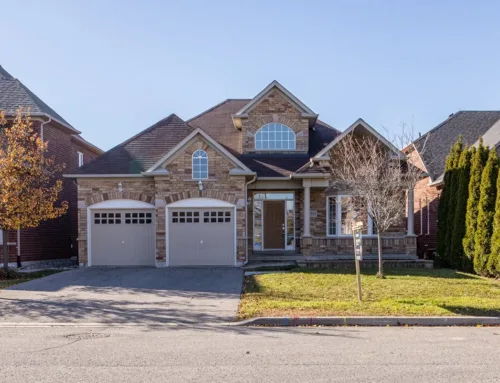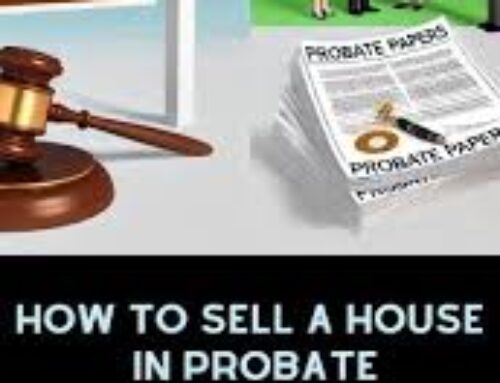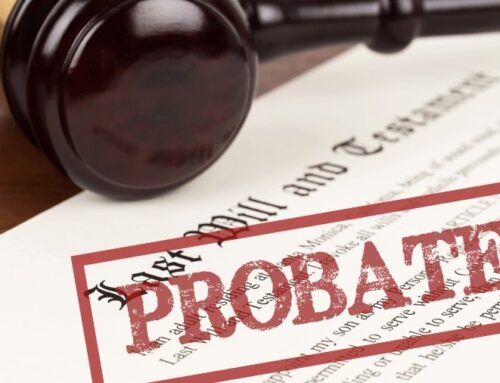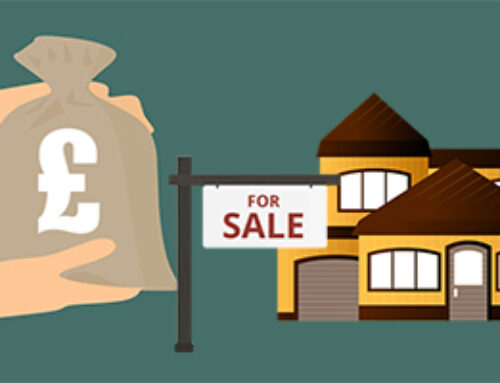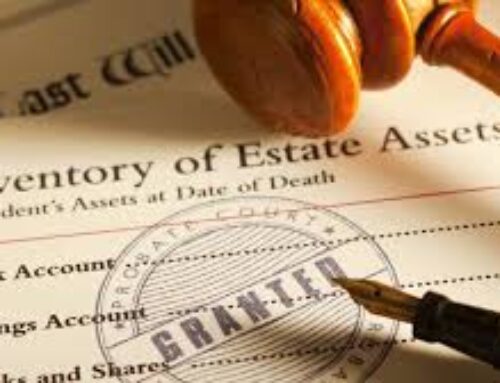Selling a property in probate can be a complex process, often filled with legal nuances and emotional challenges. If you’re facing the sale of a probate property, it’s essential to understand the key aspects that govern this procedure. This blog addresses some of the most frequently asked questions regarding selling a property in probate, providing clarity and guidance for executors and beneficiaries alike. Visit CAsh4Houses for more blogs .
Frequently Asked Questions
1. What is a probate sale?
A probate sale occurs when a deceased person’s property is sold as part of the probate process. This process involves settling the estate, which includes distributing assets, paying debts, and handling taxes. The sale of the property is usually managed by the executor or personal representative of the estate.
2. Who can sell a property in probate?
Only the appointed executor or personal representative of the estate can sell a property in probate. This individual is responsible for managing the deceased’s assets according to the will (if one exists) or state law (if there is no will).
3. Do I need a lawyer to sell a probate property?
While it’s not a legal requirement to hire a lawyer, having legal representation is highly recommended. An attorney experienced in probate law can help navigate the complexities of the process, ensuring compliance with all legal requirements and protecting your interests.
4. What is the process for selling a probate property?
The process generally includes the following steps:
- Open the probate case: File the will (if available) with the local probate court.
- Appoint an executor: The court appoints the executor or personal representative.
- Value the property: Conduct an appraisal to determine the fair market value.
- Obtain court approval: Seek approval from the court to sell the property.
- List and market the property: Work with a real estate agent to list and market the property.
- Review and accept offers: Evaluate offers and negotiate terms.
- Close the sale: Finalize the sale and distribute proceeds according to probate laws.
5. How is the property’s value determined?
The property’s value is typically determined through a formal appraisal conducted by a licensed appraiser. This appraisal establishes the fair market value, which is crucial for pricing the property and obtaining court approval.
6. What happens if there are multiple heirs?
If there are multiple heirs, they must agree on the sale of the property. Disagreements can complicate the sale process, so open communication and possibly mediation may be necessary to reach a consensus.
7. Are probate properties sold as-is?
Yes, most probate properties are sold as-is. This means that buyers should be prepared to take on any repairs or renovations needed after the sale. It’s essential to disclose any known issues with the property to potential buyers.
8. How long does the probate sale process take?
The duration of the probate sale process can vary significantly based on the complexity of the estate, local laws, and court schedules. It can take anywhere from a few months to over a year to complete the sale.
9. What are the tax implications of selling a probate property?
The tax implications can vary depending on several factors, including the property’s value, the estate’s overall financial situation, and the laws in your jurisdiction. Consulting with a tax professional or attorney is advisable to understand any potential tax liabilities.
10. Can I sell the property before going to court?
While you can list the property for sale before obtaining court approval, you cannot finalize the sale until you have received the necessary court confirmation. The court typically needs to approve the sale price and terms to ensure fairness to all heirs.
Conclusion
Selling a property in probate can be a daunting task, filled with emotional and legal challenges. However, understanding the process and having the right resources can make it more manageable. By addressing these frequently asked questions, we hope to provide clarity and confidence to executors and beneficiaries navigating the probate sale process.
Additional FAQs
Q: What if the property is in bad condition?
A: If the property is in poor condition, it may still be sold as-is, but it could affect the sale price. It’s essential to disclose any issues to potential buyers.
Q: Can I use a real estate agent for a probate sale?
A: Yes, working with a real estate agent experienced in probate sales can be beneficial. They can help navigate the complexities of the process and market the property effectively.
Q: What documents are needed to sell a probate property?
A: Common documents include the death certificate, the will (if applicable), court appointment of the executor, the property appraisal, and any necessary court approvals.
By addressing these questions and seeking professional guidance, you can navigate the probate sale process with greater ease and ensure a successful transaction.







